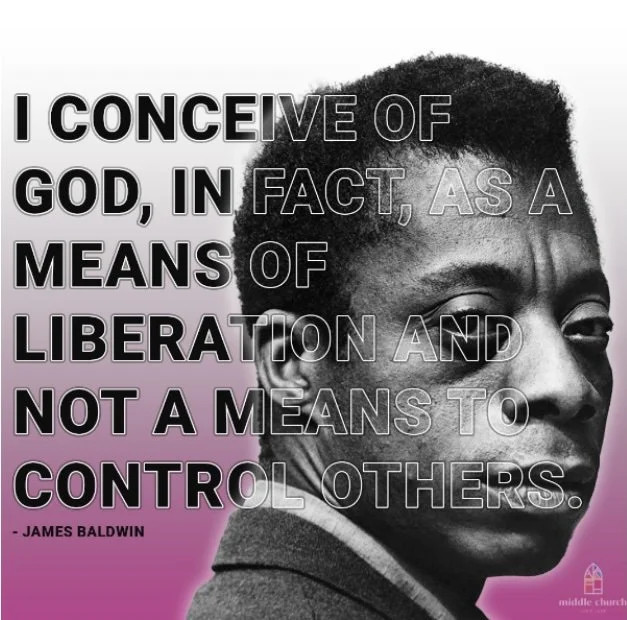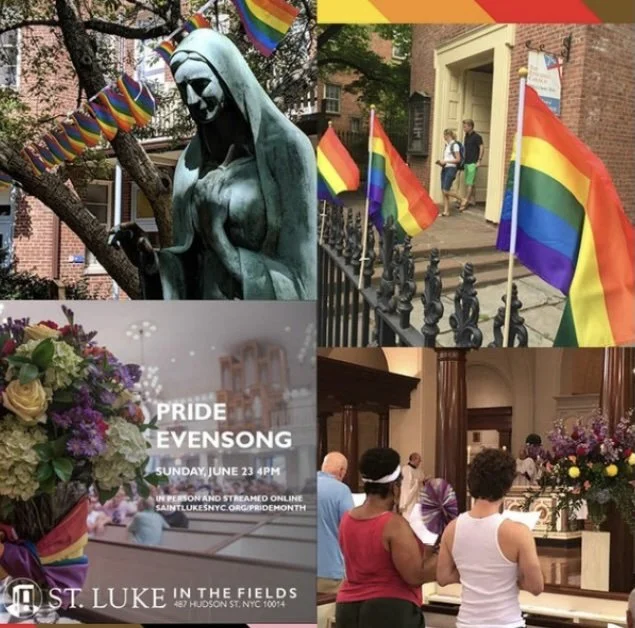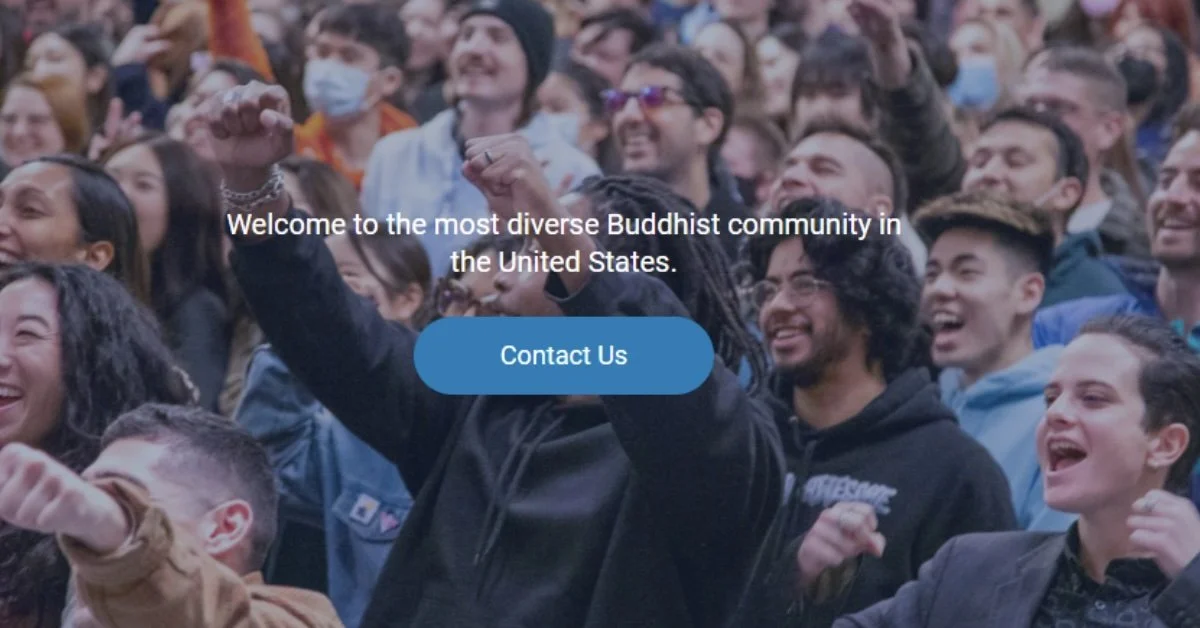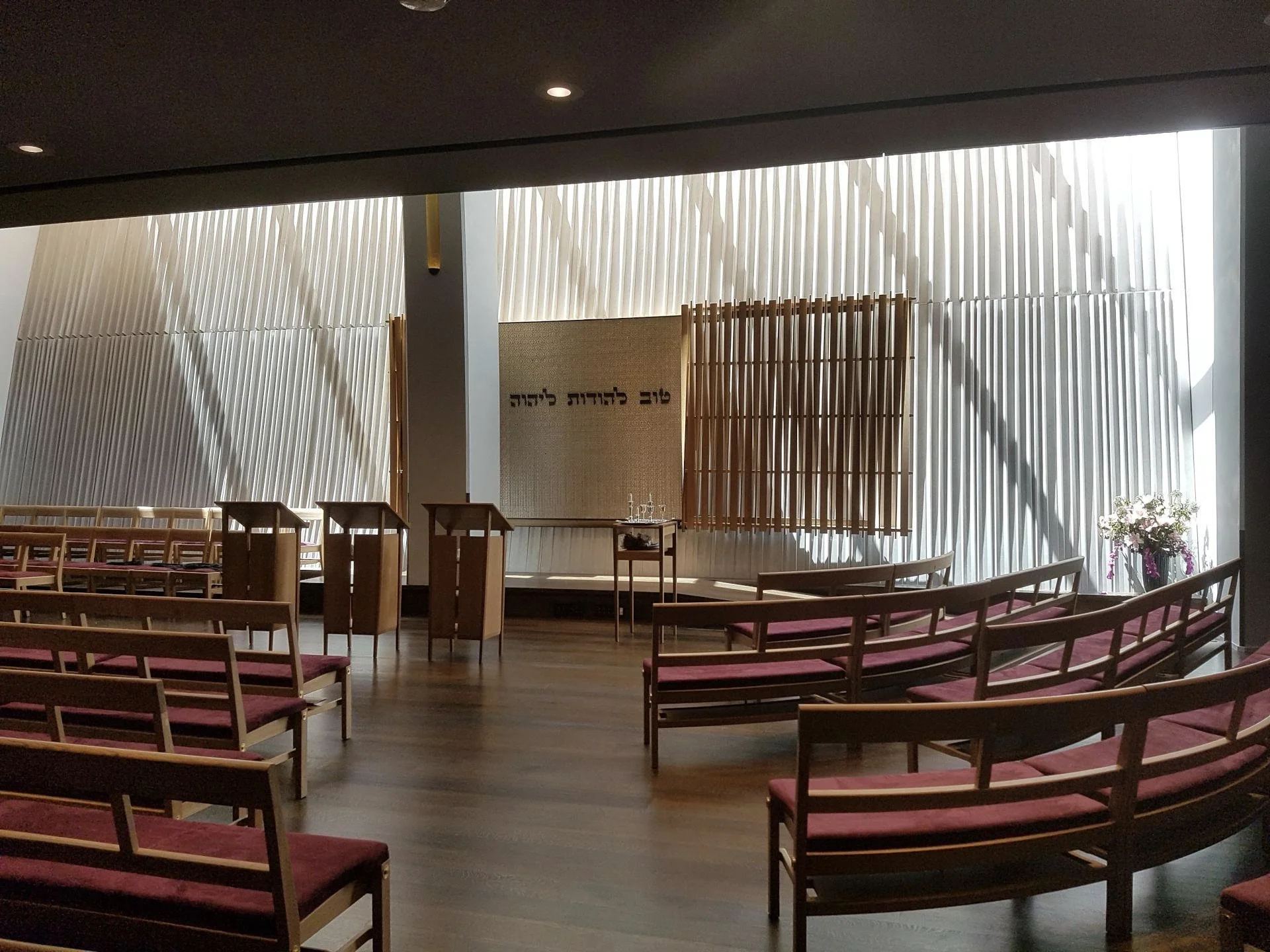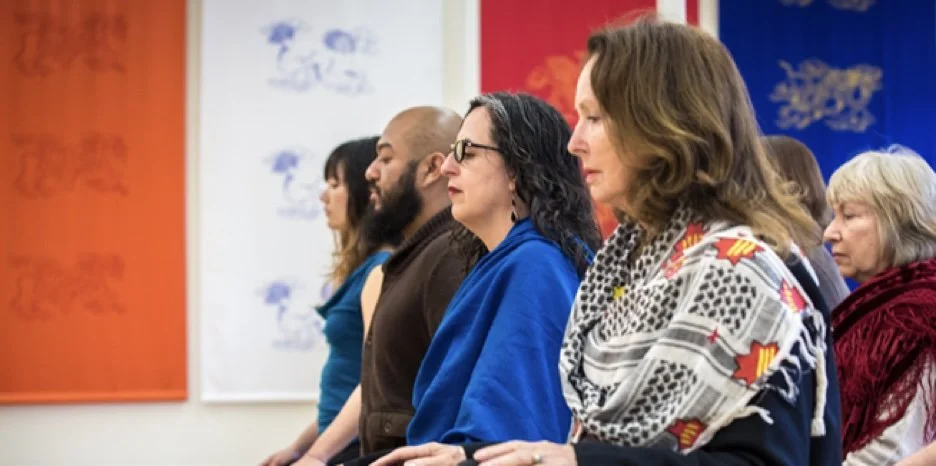Queer Spirituality and Mental Health: NYC Churches and Religious Spaces That Affirm Queer BIPOC Identities
For many queer BIPOC (Black, Indigenous, and People of Color) individuals, spirituality and mental health are deeply intertwined. However, traditional religious spaces have not always provided affirming environments for LGBTQIA+ people, particularly those from marginalized racial backgrounds. Fortunately, New York City is home to several churches and spiritual spaces that welcome and affirm queer BIPOC identities, offering a place to nurture both spiritual well-being and emotional resilience. Below we highlight some of these affirming spaces and explore how they support queer BIPOC individuals right here in the Big Apple.
1. Judson Memorial Church: A Progressive Faith Community
Source: judson.org
Located in the heart of Greenwich Village, Judson Memorial Church is known for its progressive values and long-standing commitment to social justice. As a welcoming and affirming church, Judson provides a spiritual home for queer BIPOC individuals who seek a space where their identities are celebrated, not tolerated. The church is actively involved in LGBTQIA+ advocacy, offering programs that foster inclusion, mental health support, and a strong sense of community. These programs include community events, love and justice, care and prayer, volunteering opportunities, and gatherings.
Judson Memorial Church also provides artistic and cultural programming that allows queer BIPOC members to express their spirituality creatively. This intersection of faith, activism, and art creates a healing environment where individuals can grow spiritually while being authentic.
2. Middle Collegiate Church: Inclusive and Justice-Oriented
Source: Instagram @middlechurch
Middle Collegiate Church in Manhattan’s East Village is a vibrant, inclusive congregation prioritizing social justice and community outreach. Known for its radical hospitality, Middle Church offers a safe space for queer BIPOC individuals seeking spiritual nourishment in a setting that champions love, equity, and inclusion.
The Middle Collegiate Church is deeply involved in advocacy work that addresses racial, gender, and LGBTQIA+ equality, making it a spiritual home for those seeking to integrate their faith with activism. The church’s services and events frequently focus on mental health and healing, recognizing the emotional challenges faced by queer BIPOC individuals in navigating both systemic oppression and spiritual exclusion. Presently, the church has a calendar of events such as meetings for Queer Black Men, creative writing, Gospel Choir, and worship celebration.
3. Riverside Church: A Hub of Inclusivity and Support
Source: trcnyc.org
The historic Riverside Church in Morningside Heights is a well-known beacon of inclusivity, welcoming individuals from all walks of life, including queer BIPOC members. Riverside Church has a long history of advocating for LGBTQIA+ rights, racial justice, and mental health awareness, making it a space where faith and social justice intersect powerfully.
Riverside Church’s commitment to inclusivity is reflected in its diverse congregation and programs offering spiritual guidance and emotional support. The church’s counseling services and LGBTQIA+ ministry provide essential services and resources for queer BIPOC individuals, helping them navigate the challenges of reconciling faith, identity, and mental well-being. These services include food pantry, clothing, direct aid, safe havens, barber training, and showers.
4. Unity Fellowship Church NYC: Embracing Queer Black Spirituality
Source: ufcnyc4love.org
Founded with the specific mission of serving the spiritual needs of Black LGBTQIA+ individuals, Unity Fellowship Church NYC is a powerful space for queer BIPOC members to explore their faith in a supportive and affirming environment. The church's message focuses on liberation theology, which addresses the oppression faced by queer and Black communities and encourages spiritual freedom.
Unity Fellowship Church provides mental health resources, peer support groups, and community outreach that are tailored to the unique challenges of queer BIPOC individuals.
Its focus on Black queer spirituality allows members to engage in a faith journey that honors both their racial and sexual identities. They believe in supporting Trans, Non-Binary, Gender Non-Conforming (TNBGNC) members. The Unity Fellowship Church affirms the importance of fighting erasure of their existence.
5. The Church of St. Luke in the Fields: Tradition and Inclusivity Combined
Source: Instagram @stlukeinthefields
For those drawn to more traditional forms of worship but still seeking an inclusive and affirming environment, The Church of St. Luke in the Fields offers the perfect balance. Located in the West Village, this Episcopal church has a strong history of LGBTQIA+ advocacy and is a welcoming space for queer BIPOC individuals.
The Church of St. Luke in the Fields offers various ministries that address the intersection of faith and mental health, including spiritual counseling and support groups. For queer BIPOC members, the church provides an affirming space where they can engage in both their faith and their healing journeys without fear of exclusion. Here is the Summer worship schedule.
6. Muslim Alliance for Sexual and Gender Diversity (MASGD): Supporting Queer Muslim Communities
Source: themasgd.org
The Muslim Alliance for Sexual and Gender Diversity (MASGD) provides critical support for LGBTQIA+ Muslims, including queer BIPOC individuals. MASGD creates safe spaces for queer Muslims to explore their faith, offering spiritual, emotional, and mental health resources. By focusing on visibility, advocacy, and community, MASGD helps queer Muslims find spiritual freedom and mental well-being while navigating their identities.
Through events such as the LGBTQIA+ Muslim Retreat, MASGD offers queer Muslims a space to come together, share their experiences, and build a supportive community. These gatherings provide opportunities for personal reflection, mutual support, and the cultivation of friendships, all while centering the unique experiences of queer BIPOC Muslims.
7. Soka Gakkai International (SGI) - New York Buddhist Center
Source: sgi-usa.org
Soka Gakkai International (SGI) is a global Buddhist organization with a strong presence in New York City, providing a welcoming and inclusive environment for individuals from diverse backgrounds, including queer BIPOC individuals.
The SGI New York Buddhist Center focuses on the practice of Nichiren Buddhism, promoting peace, happiness, and individual empowerment through chanting, meditation, and community-building activities. The center actively celebrates diversity and works to ensure that people from all walks of life feel supported on their spiritual and personal journeys.
8. Congregation Beit Simchat Torah (CBST)
Source: cbst.org/
Congregation Beit Simchat Torah (CBST) is one of the largest LGBTQIA+ synagogues in the world, located in New York City. As a progressive Jewish congregation, CBST welcomes people of all sexual orientations and gender identities, including queer BIPOC individuals.
The synagogue actively advocates for LGBTQIA+ rights and social justice while providing a spiritual home for those seeking to explore their Jewish faith in an affirming and inclusive environment. CBST offers mental health resources, support groups, and community events that help foster a strong sense of belonging and healing.
9. Shambhala Meditation Center of New York: A Buddhist Community for Healing
Source: ny.shambhala.org
The Shambhala Meditation Center of New York offers a space for queer BIPOC individuals to explore Buddhist teachings through meditation, mindfulness, and compassionate practice. Shambhala centers emphasize the importance of creating an inclusive and welcoming environment for everyone, regardless of background or identity.
Shambhala’s focus on social justice aligns with the needs of queer BIPOC individuals seeking spiritual and emotional healing. Through meditation and mindfulness practices, participants can engage in personal reflection, improve mental well-being, and find a supportive spiritual community that honors both their racial and sexual identities.
10. Brooklyn Zen Center: Mindfulness and Inclusivity
Source: brooklynzen.org
The Brooklyn Zen Center (BZC) is another inclusive Buddhist community that focuses on creating safe and welcoming spaces for queer BIPOC individuals. BZC hosts regular meditation sessions, dharma talks, and workshops, all while promoting social justice, environmental sustainability, and collective healing.
The Brooklyn Zen Center is a space for LGBTQIA+ individuals to engage with Buddhist teachings, share their experiences, and support each other’s spiritual growth. The center's commitment to inclusivity and social justice makes it a sanctuary for queer BIPOC individuals seeking mental and spiritual wellness.
The Role of Spiritual Spaces in Mental Health for Queer BIPOC Communities
For many queer BIPOC individuals, spirituality plays an essential role in mental health and emotional resilience. Having a religious space that affirms both their racial and sexual identities provides a source of strength and healing, which is critical for managing the mental health challenges that can arise from systemic discrimination and marginalization.
Spirituality often plays a critical role in mental health, particularly for queer BIPOC individuals who may seek meaning, connection, and inner peace through spiritual practices. For many, spirituality can offer a sense of belonging, purpose, and healing in the face of systemic inequities and personal struggles. However, spirituality can also be a source of mental health challenges when religious spaces are unwelcoming or even hostile to queer identities.
Negative experiences such as rejection, guilt, or shame tied to spiritual beliefs can exacerbate feelings of isolation and lead to depression or anxiety. Conversely, affirming spiritual spaces provide the emotional and psychological support needed for healing, allowing individuals to reconcile their identities and find strength through their faith. It’s vital for queer BIPOC individuals to find spaces that celebrate both their spiritual and personal identities, as these environments foster mental wellness and resilience.
Affirming churches and religious spaces in NYC offer spiritual guidance, community support, mental health resources, and advocacy for social justice.
These spaces create a sense of belonging and emotional safety, helping queer BIPOC individuals cultivate resilience and maintain their mental well-being.
How to Find Affirming Religious Spaces in NYC
If you’re seeking a religious or spiritual space that affirms queer BIPOC identities in NYC, consider exploring the churches and spaces listed above.
Each organization offers a unique combination of spiritual care, community support, and social justice advocacy, providing a holistic approach to mental health and well-being.
Whether you’re looking for a progressive faith community like Judson Memorial Church or a church rooted in Black queer spirituality like Unity Fellowship Church, NYC has a wealth of options for queer BIPOC individuals seeking both spiritual growth and emotional healing.
Embracing Spirituality and Mental Health for Queer BIPOC Individuals
Queer BIPOC individuals deserve spiritual spaces that affirm their identities, promote mental health, and provide a sense of community. Whether through progressive advocacy, radical inclusivity, or liberation theology, NYC’s affirming religious spaces offer the emotional and spiritual support that queer BIPOC individuals need to thrive. When one finds and engages with these spaces, queer BIPOC members can nurture both their spirituality and their mental health in a post-pandemic world.


